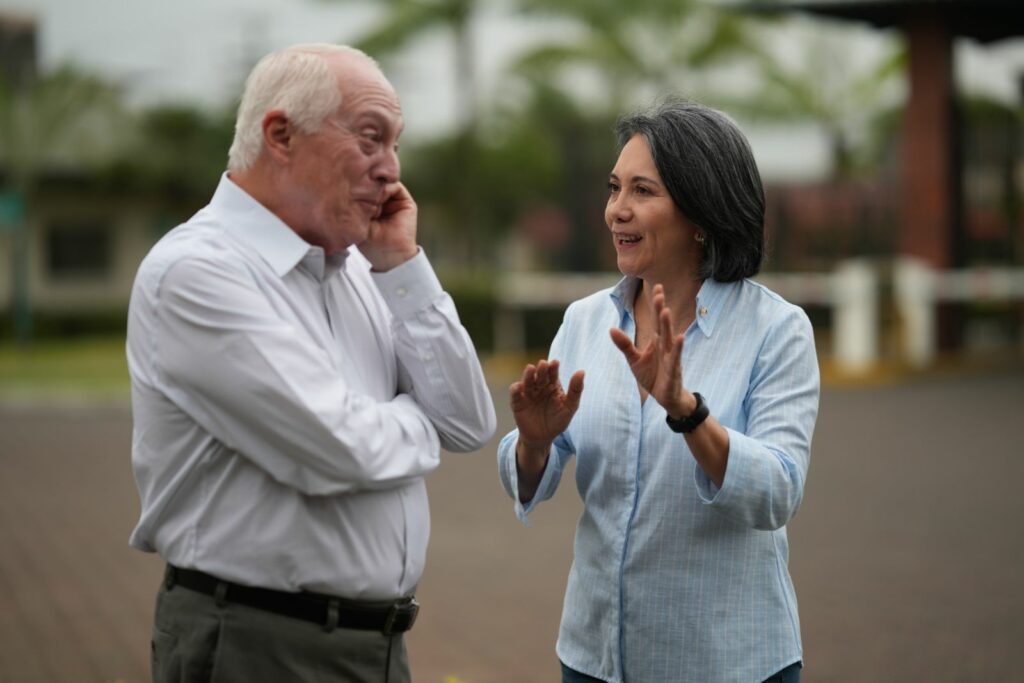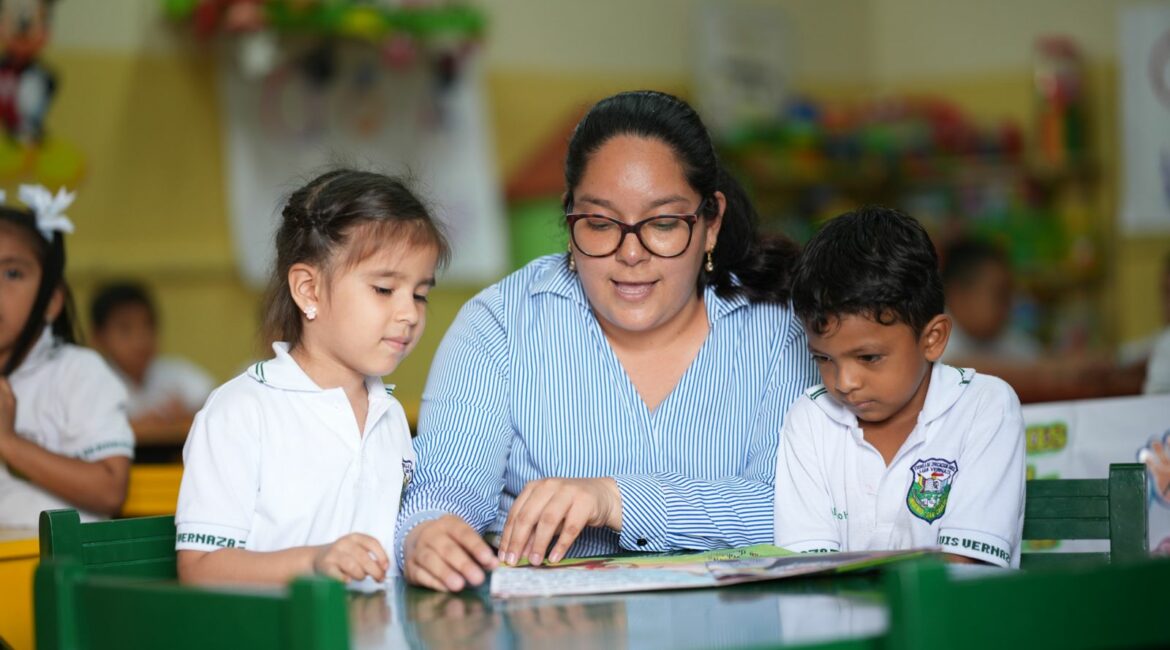By FENÁZUCAR –
Speaking about the sugar industry in Ecuador goes beyond sugarcane cultivation and the operations that transform it into the sugar found on every table; it is, fundamentally, about its people. This has always been clear to business leaders and their teams, who understand that they work within a value chain that begins in the fields and extends to communities, schools, universities, and households. Their vision was not solely business-oriented, but profoundly social. They invested in a modern, formalized, sustainable industry capable of generating real opportunities for thousands of families.
Some of the country’s sugar mills have been operating for over a century and stand as living witnesses to Ecuador’s productive history, playing a central role in regional development. Their legacy is not measured only in tons of cane processed, but also in roads built, health centers established, jobs created, and generations educated. These mills have been pillars of their communities, and their impact is reflected in the social fabric they have helped to strengthen.
One of the most visible and long-standing commitments of the sugar mills is related to education. Every sugar mill in the country, without exception, supports educational initiatives in its areas of influence—from primary school through secondary education, and even partnerships with universities. The mills understand that education is the most powerful tool for transforming realities. In some cases, this commitment has taken exemplary form, such as fully funding a school and a high school in their community, providing high-quality education for children and youth.

Education is not seen as an act of philanthropy, but as an essential component of their business vision. The mills promote technical training programs, continuous capacity building, and partnerships with academic institutions to enhance skills and improve youth employability. Their goal is for local talent to remain, grow, and lead the future of their own communities. This commitment to human capital is also a commitment to equity. Investing in education helps strengthen the foundation of a more just, productive, and resilient society. An educated community is better equipped to innovate and develop its own solutions. For this reason, the sugar sector’s commitment to education not only benefits its areas of influence, but also contributes directly to the country’s development.
In this same spirit, the sugar industry has made progress in incorporating women into its production processes. Although agriculture has historically been a predominantly male sector, the mills have opened their doors to women in technical, administrative, and operational roles. This inclusion not only enriches the sector’s diversity, but also strengthens its capacity for innovation and social cohesion. The results have been positive: organizational perspectives have broadened, work teams have been strengthened, and a more equitable environment—more representative of the community’s reality—has been fostered.
With this shared vision, forty-five years ago the country’s sugar industry leaders created the National Federation of Sugar Producers of Ecuador (FENAZÚCAR), which today serves as the voice of a sector that produces, innovates, educates, and transforms. In a world that demands sustainability, traceability, and social responsibility, the sugar industry remains at the forefront, reaffirming that Ecuadorian sugar is synonymous with commitment, pride, and a promising future.

